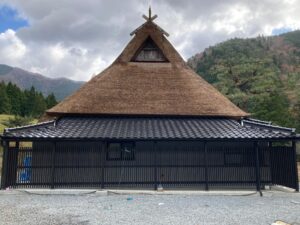
Opportunities in Japanese Golf Course Investment: Criteria and Considerations for Sellers
Introduction
Japanese golf courses are increasingly attracting attention from foreign asset management firms as unique and valuable investment opportunities.
With the cultural appeal and scenic landscapes of Japan, golf courses near Tokyo and Osaka present a particular interest.
Below, we outline the essential criteria sought by foreign buyers (non-Japanese buyer) interested in acquiring a golf course in these key areas.
1. Key Criteria for Golf Courses in Tokyo and Osaka
Ideal golf courses should be located within an 80-minute drive from Tokyo or Osaka city centers, ensuring convenient access for members and guests.
Buyers are prepared to invest approximately 100 million yen per hole(about U$70,000per hole), though pricing may vary depending
on the course’s condition and amenities.













